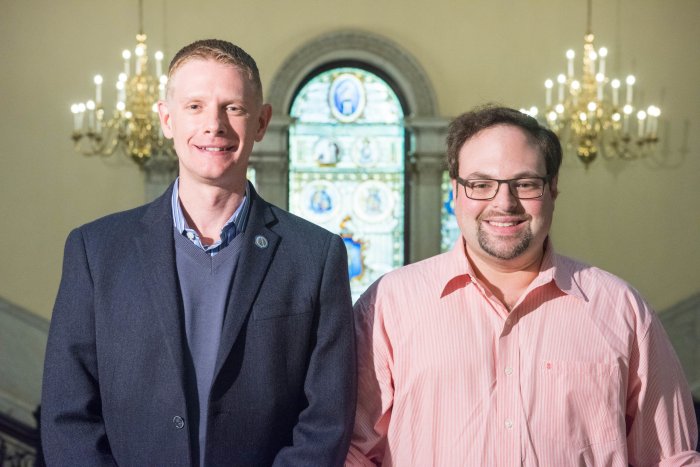Now people can say they’re only “looking out for your health” when they constantly ask about your love life. A review of 14 studies presented at the Alzheimer’s Association International Conference showed that being single increases risk of developing dementia by 42 percent. Widowers have a slightly lower chance — 25 percent — but divorcees don’t show any additional risk.
The reason? Having another person around all the time improves wealth, social interaction and mental resilience, according to Dr. Laura Phipps from Alzheimer’s Research UK.
“There is compelling research showing married people generally live longer and enjoy better health, with many different factors likely to be contributing to that link,” she said, according to The Independent. “People who are married tend to be financially better off, a factor that is closely interwoven with many aspects of our health.”
It’s not a normal part of aging, but the number of people with dementia is expected to increase in the coming decades. The disease is expected to top 75 million people by 2030 and 132 million by 2050, with nearly 9.9 million new cases diagnosed every year. It’s a chronic — and often progressive — syndrome that affects memory, behavior and thinking, according to the World Health Organization. Having a partner is a built-in way for people to keep their brain functions sharper for longer, even if they already show signs of dementia, according to Dr. Phipps.
“Research suggests that social interaction can help to build cognitive reserve — a mental resilience that allows people to function for longer with a disease like Alzheimer’s before showing symptoms,” she said. “Spouses may help to encourage healthy habits, look out for their partner’s health and provide important social support.”
Singles and widows, however, typically have fewer opportunities for social interaction and activity as they age.
So, should you find a partner ASAP if you’re worried about dementia? You could — or you could just resolve to stay single and ready to mingle (with exercise sprinkled in) for the foreseeable future.
“Staying physically, mentally and socially active are all important aspects of a healthy lifestyle and these are things everyone, regardless of their marital status, can work towards,” Dr. Phipps added.





















